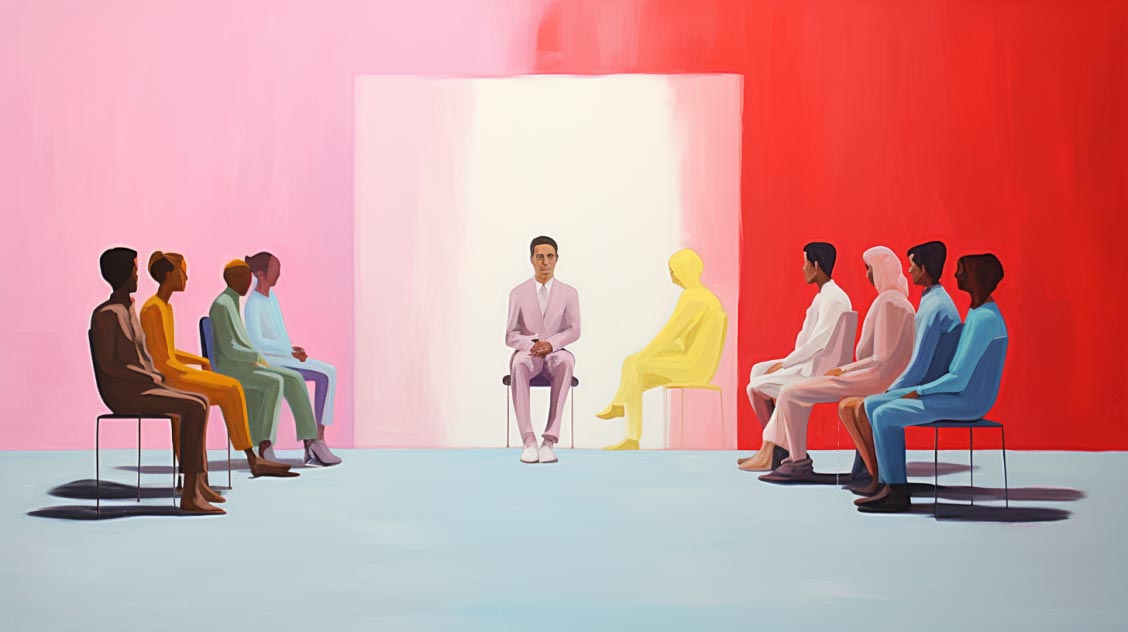
Abstract
Background
Several studies have demonstrated an association between psychological risk factors and HIV disease progression. However, there is limited information on the use of psychological interventions to improve HIV treatment outcomes in young people living with HIV.
Objective
This pilot trial aims to evaluate the feasibility, acceptability and preliminary effectiveness of group support psychotherapy in improving adherence to anti-retroviral therapy and viral suppression in young people living with HIV in Uganda.
Methods
We recruited 120 young people with HIV, aged 10-18 years, who had non-viral suppression 6 months after initiating first-line anti-retroviral therapy (ART) from community based HIV clinics in Kitgum district, northern Uganda. Participants were randomly assigned to receive GSP plus IAC (N = 60) or IAC alone (N = 60). Primary outcomes will be indicators of feasibility and acceptability as well as preliminary effectiveness of GSP in improving ART adherence and viral suppression analysed by intention to treat using cluster-adjusted t tests and permutation tests. Secondary outcomes will be measures of depression, anxiety and cost-effectiveness.
Results
The trial has been approved by the Makerere College of Health Sciences School of Health Sciences Research Ethics Committee, and the Uganda National Council of Science and Technology. Recruitment began in June 2021 and 120 young people living with HIV with their adult caregivers have been recruited to the trial. An analysis of baseline and 6-month data is in progress. The results of this trial will not only be presented at national and international conferences but also submitted for publication in peer-reviewed journals and as a report to the funding agencies.
Conclusions
This pilot trial will provide critical evidence to support the ongoing mental health integration into routine HIV care in Uganda.
Trial registration: Pan African Clinical Trials Registry (PACTR): 202006601935462.



